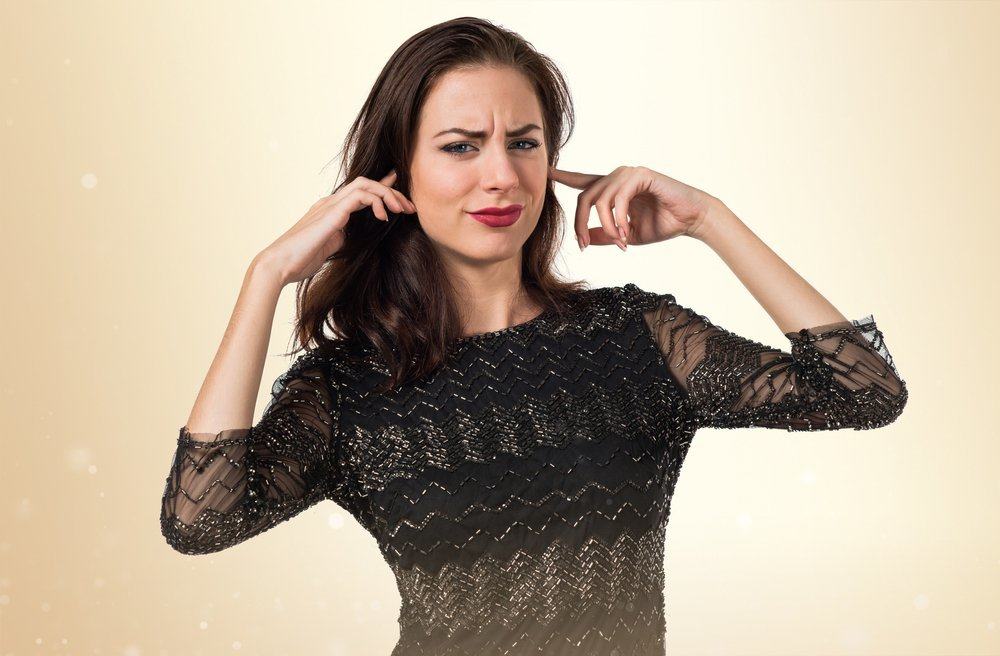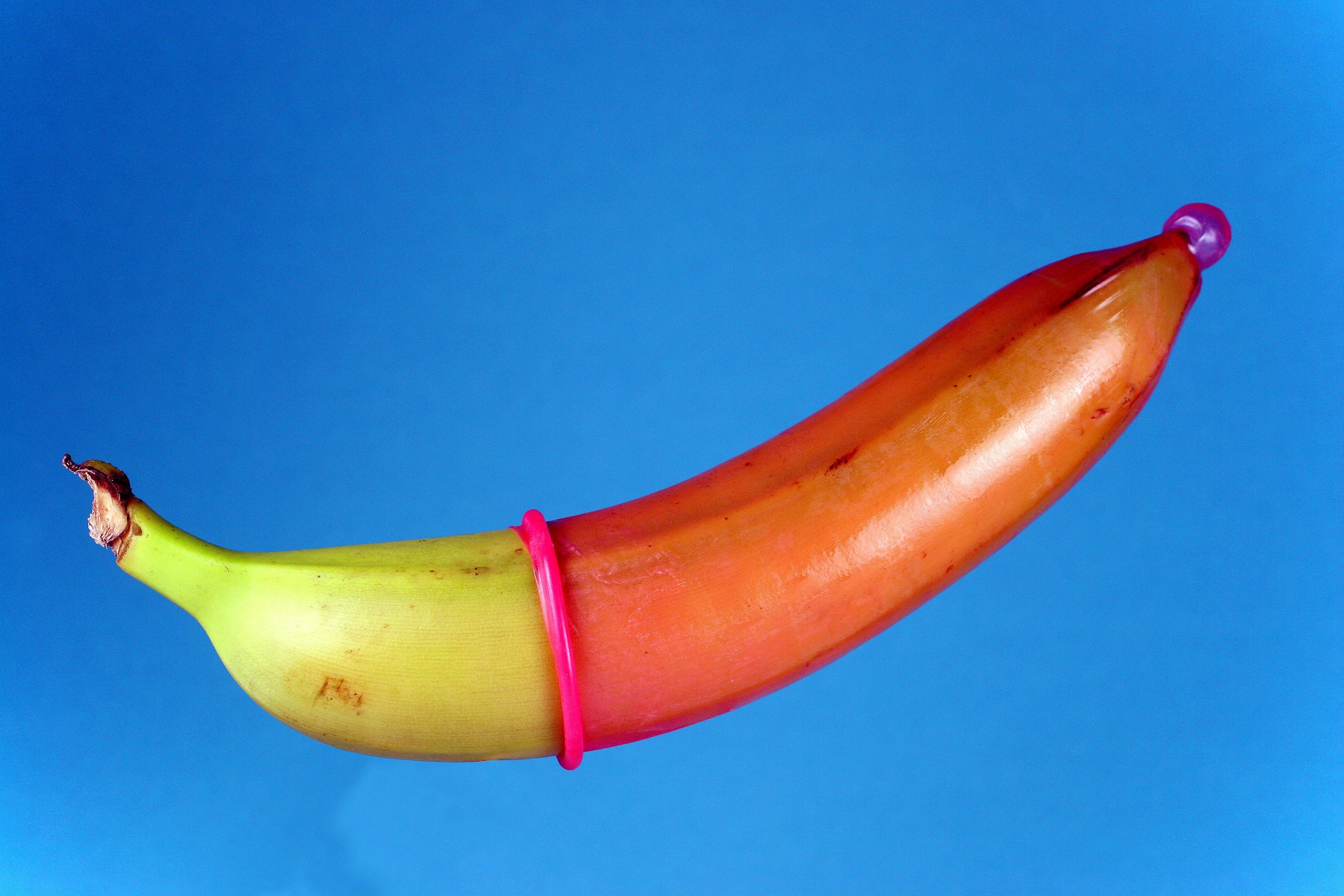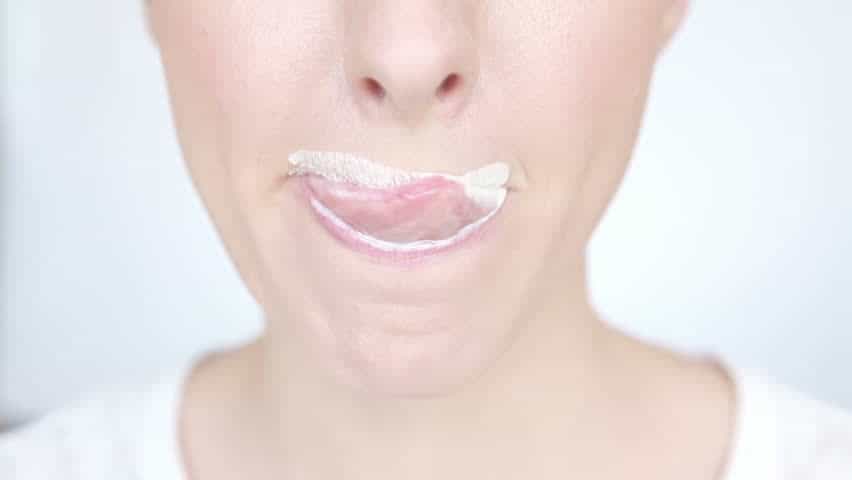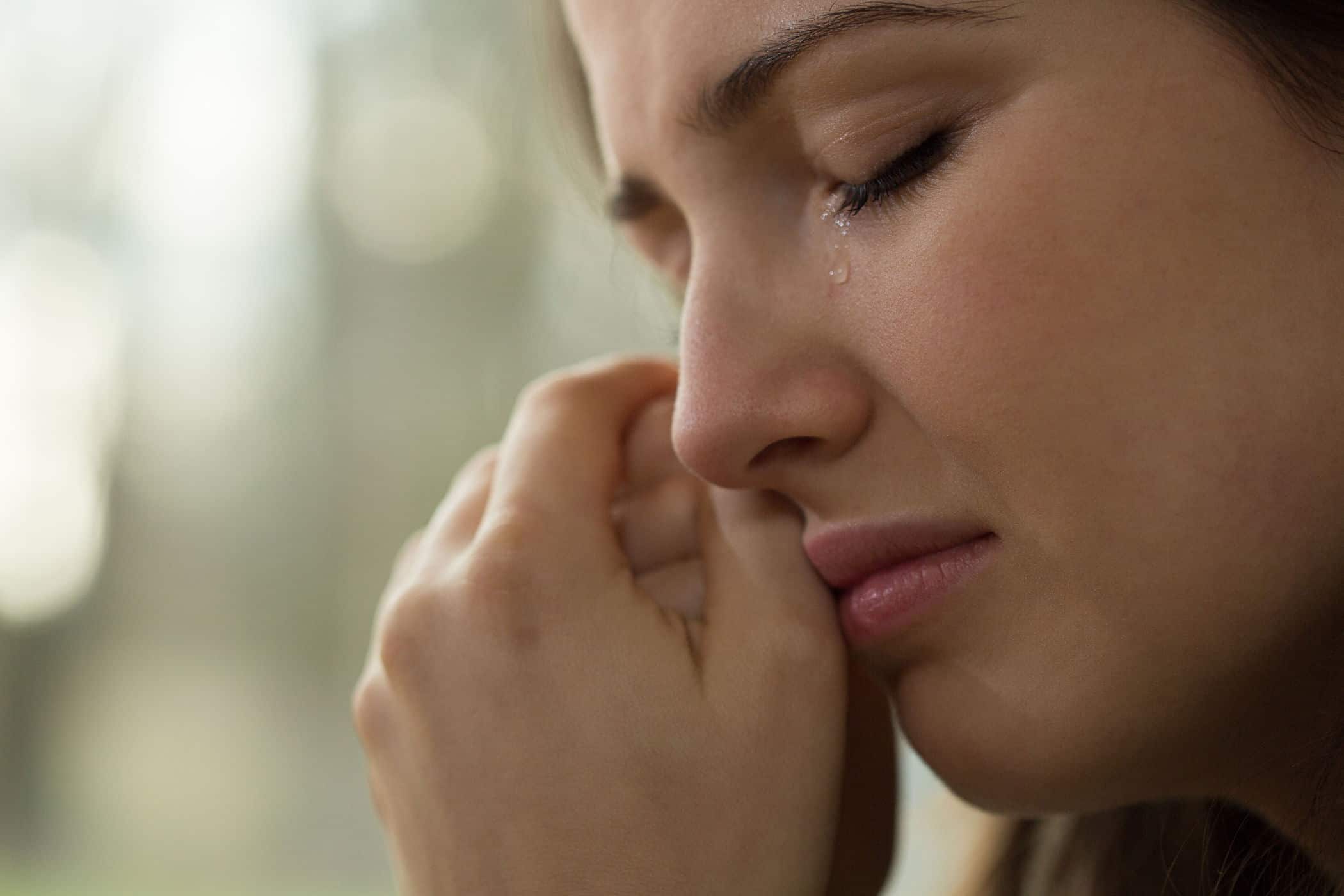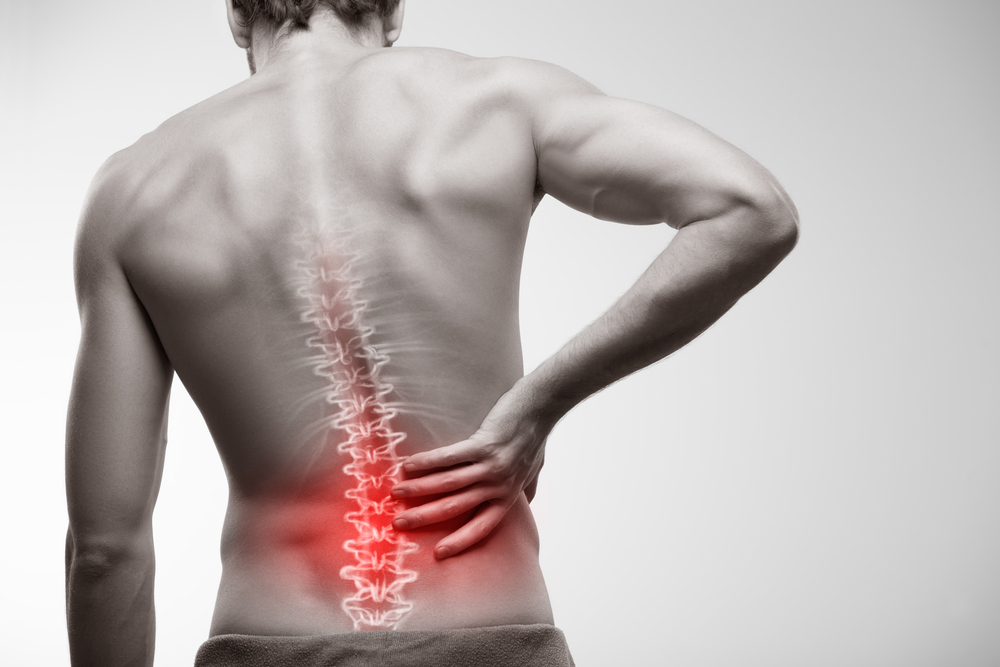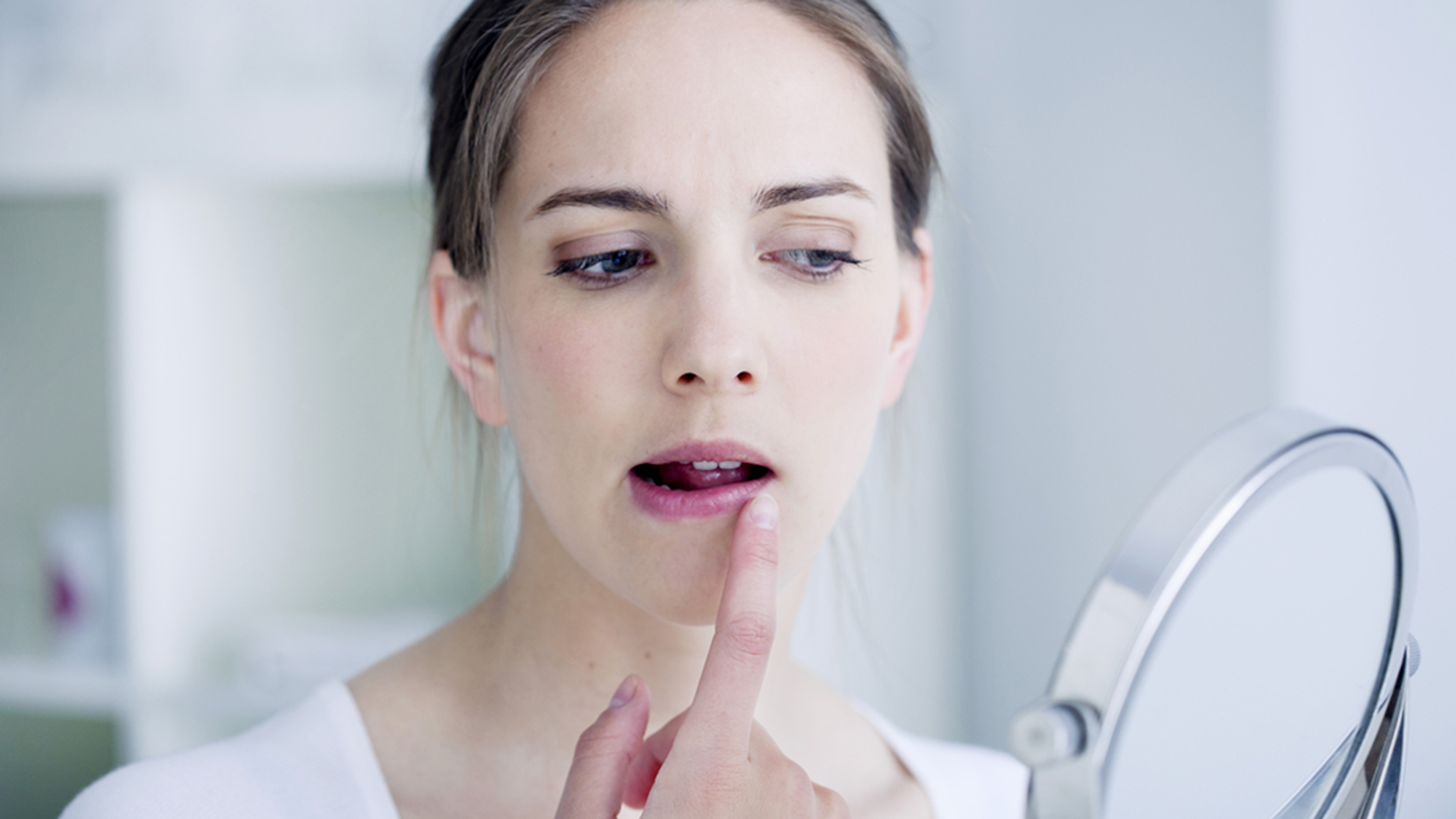Contents:
- Medical Video: Hair Cell Classroom Demonstration: Loud Sounds Can Damage Hair Cells
- How can loud sounds hurt the ears?
- How is that loud voice?
- Painful voice (from decibels 120 and above)
- Very hard (from decibels 90 and up)
- Very hard (from decibels 70 and up)
- Medium (from decibel 40 and above)
- Weak
- How do I know the sound I hear is too loud?
- How can I protect my ears from loud noises?
Medical Video: Hair Cell Classroom Demonstration: Loud Sounds Can Damage Hair Cells
Often listen to songs too hard? Be careful, loud sounds damage your ears. Now maybe you haven't felt it, but later. Yes, listening to sounds too loud can damage your hearing. The noise level and the length of time you listen to loud sounds can cause you to experience hearing loss. How did this happen?
How can loud sounds hurt the ears?
One of the worst effects of listening to sounds too loud is permanent hearing loss, and this cannot be repaired. Your hearing can be damaged by loud sounds in a short time, such as an explosion, or the loud noise that you constantly hear.
Before you know how sound can damage your ears, you should first know how you can hear sounds. The sound you hear is received by the ear in the form of sound waves. These sound waves then enter the ear through the outer ear to the eardrum. Sound waves make the ear drum vibrate which then leads to three small bones in the middle ear. Furthermore, sound vibrations enter the inner ear (cochlea), where there are hair cells lining this room. These hair cells will convert sound vibrations into signals to be sent to the brain to be interpreted.
Then, what if the sound you hear is too loud? The loud sound you hear will be received by the ear in the form of sound waves. These sound waves will then vibrate the eardrum and can interfere with the fine hearing system. Sound that is too loud can also cause small bones in the middle ear to shift. In addition, loud sounds reaching the inner ear (cochlea) can also damage the hair cells lining the cochlea. As a result, hair cells are damaged and cannot send sound signals to the brain to be interpreted.
If you often hear loud sounds, more and more hair cells are damaged and this cannot be repaired. This is what makes you experience hearing loss.
READ ALSO: Misophonia, the reason why you hate certain sounds
How is that loud voice?
Sound noise level can be measured with decibels (dB). The higher the noise, the higher the decibel size, the more likely the sound can damage your ears. Experts say that exposure to sound more than 85 dB continuously can damage your ears. So, from now on you should reduce the volume of your TV, radio and music player, and avoid noisy places.
The following is the decibel level of some sounds that we often hear.
Painful voice (from decibels 120 and above)
- 150 dB = the sound of fireworks that are approximately 1 meter near you
- 140 dB = firearms, jet engines
- 120 dB = jet plane at takeoff, siren sound
Very hard (from decibels 90 and up)
- 110 dB = maximum sound of several MP3 players, saws
- 106 dB = lawn mower
- 100 dB = hand drill, pneumatic drill
- 90 dB = subway, motorcycle
Very hard (from decibels 70 and up)
- 80-90 dB = hair-dryer, blender
- 70 dB = traffic is very crowded, vacuum cleaner, alarm clock
Medium (from decibel 40 and above)
- 60 dB = ordinary conversation, clothes dryer, dishwasher
- 50 dB = moderate rainfall noise
- 40 dB = quiet room
Weak
- 30 dB = whisper sound
READ ALSO: Noise can cause distended stomach. Why, how come?
How do I know the sound I hear is too loud?
Sometimes, you may not realize that the sound you are listening to is too loud. Like when you listen to your favorite song using headphones or earphone You. For that, you need to know the following characteristics that indicate that the sound you are listening to is too loud.
- When you speak, you must increase the volume of your voice to be heard
- You cannot hear the sound of people who are one meter away from you
- You can't hear, or the sound in the ear sounds muffled after you leave the noisy room
- When you are listening to songs using headphones or earphone, other people near you can hear the sound of music you hear
- Your ears are painful or ringing (tinnitus) after you hear a loud noise
How can I protect my ears from loud noises?
Actually, it's easy for you to protect your ears from noise, that is by avoiding them. Some of the things you can do to protect your ears are:
- Using ear protectors. When you hear loud or noisy sounds (for those of you who work in noisy places, watch concerts, use hair-dryer, or often in a noisy street), you should use earplugs or earplugs. Earplugs or earplugs can reduce noise by 15-30 dB if used properly, depending on the manufacture and whether it matches the size of your ear.
- Do not hear too long or loud places.
- When you listen to music with earphone, you should lower the volume of your music if you feel it's too hard.
- If you buy equipment that produces noise, such as a blender, hair-dryer, vacuum cleaner, it's best to choose a product that emits smoother sound.
- Do not use a machine that emits noise at the same time at home, such as not using a radio and television at the same time.
- Don't try to reduce the noise you hear around you with other sounds. For example, do not increase the volume of television when you are using it vacuum cleaner.
- Use sound-absorbing materials, such as carpets and curtains, to reduce noise at home.
READ ALSO: 4 Ways to Prevent Hearing Loss in the Elderly

